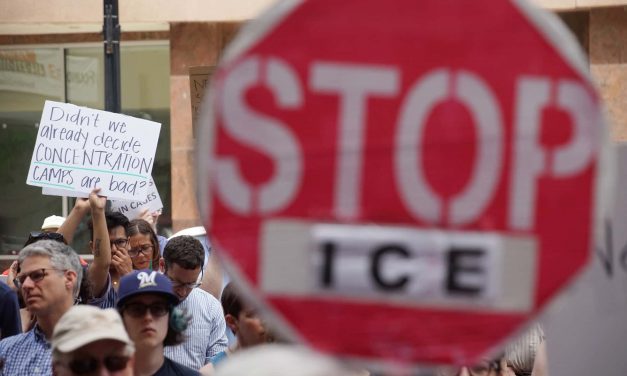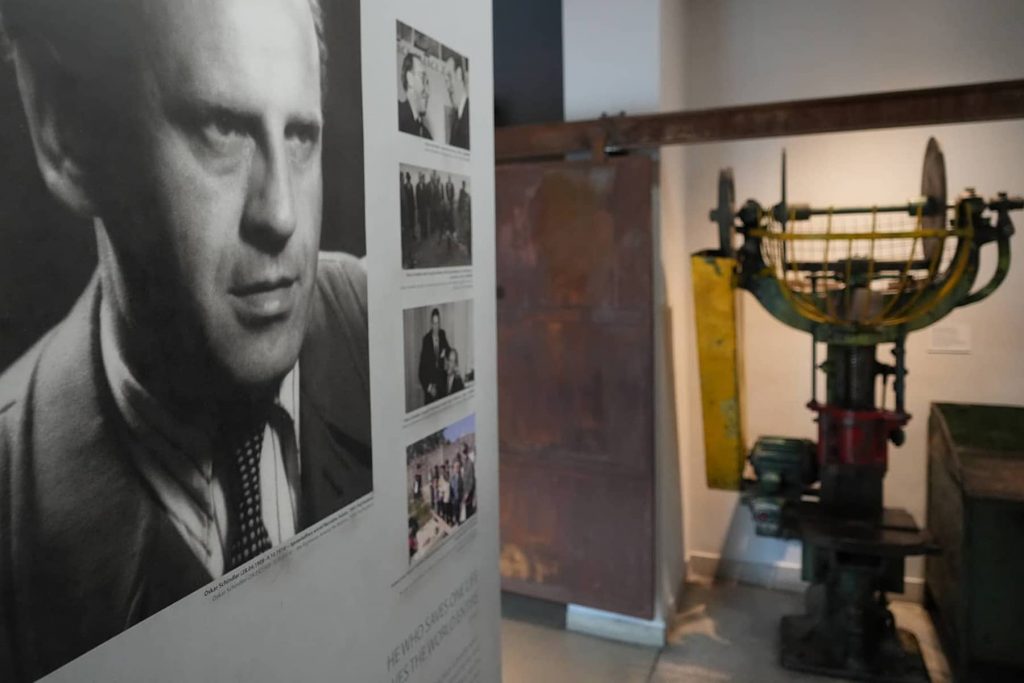The history and legacy of segregated swimming pools and recreational venues
By Victoria W. Wolcott, Professor of History, University at Buffalo, The State University of New York Summers often bring a wave of childhood memories: lounging poolside, trips to the local amusement park, languid, steamy days at the beach. These nostalgic recollections, however, are not held by all Americans. Municipal swimming pools and urban amusement parks flourished in the 20th century. But too often, their success was based on the exclusion of African Americans. As a social historian who has written a book on segregated recreation, I have found that the history of recreational segregation is a largely forgotten one....
Read More















